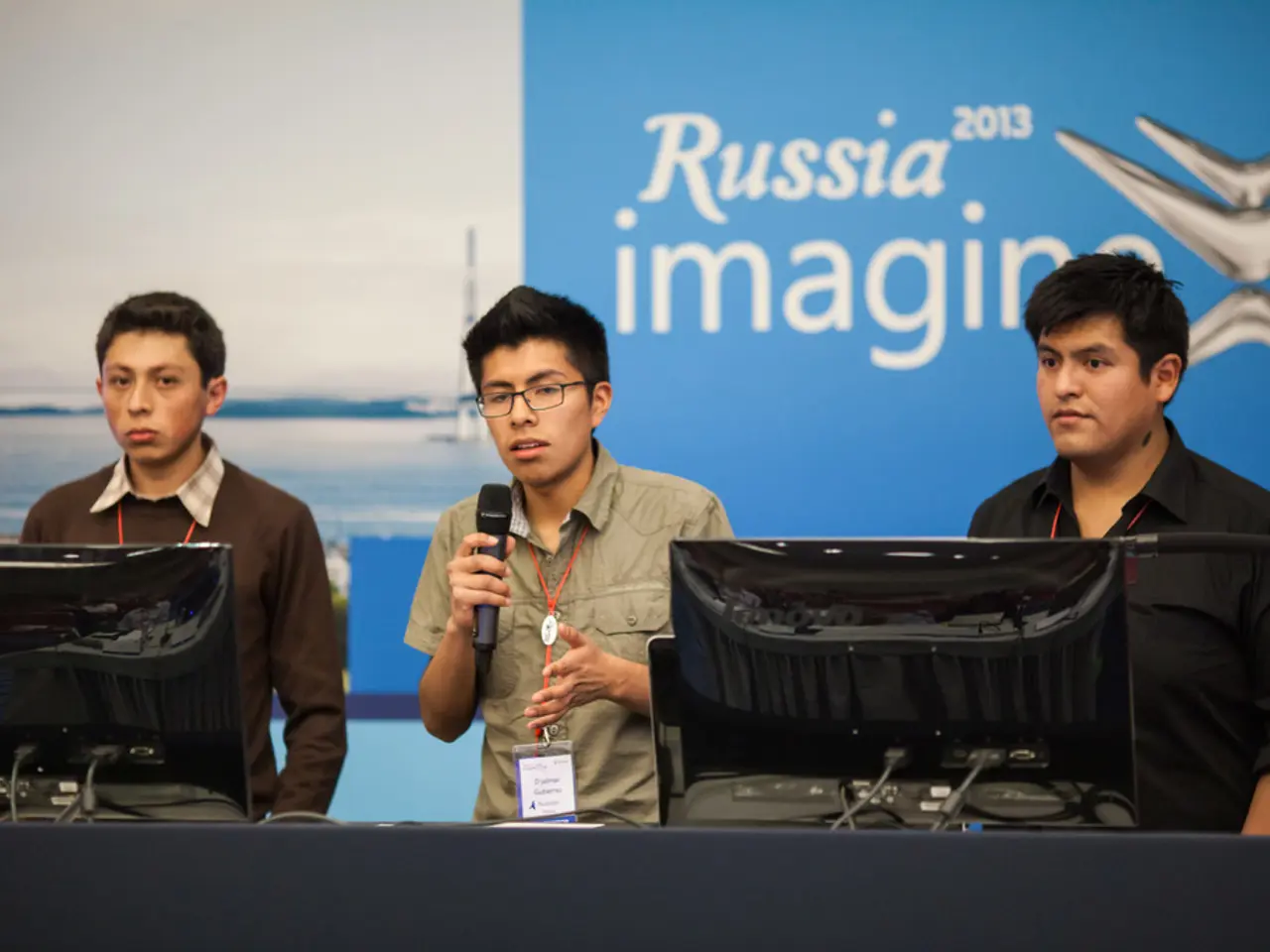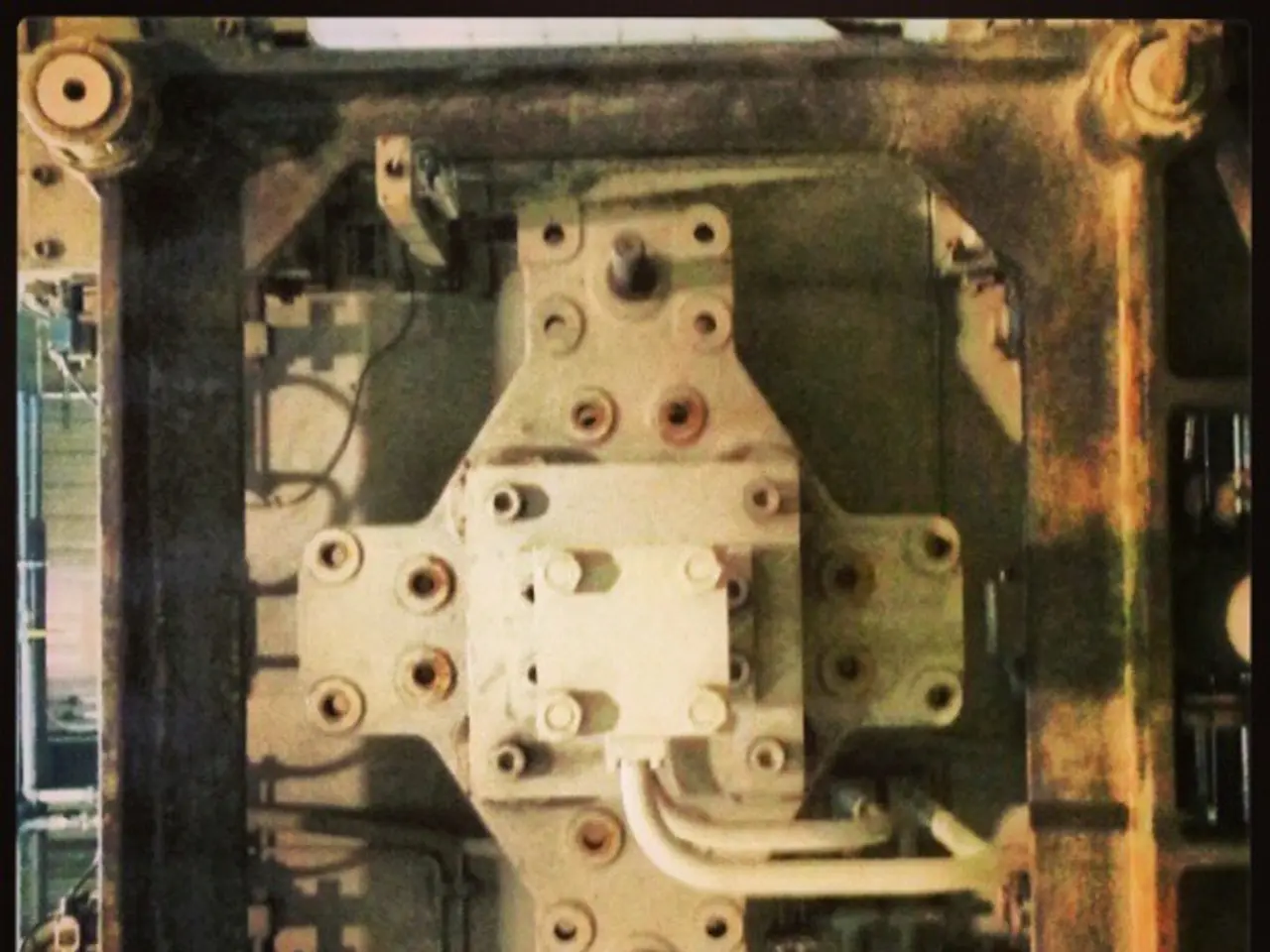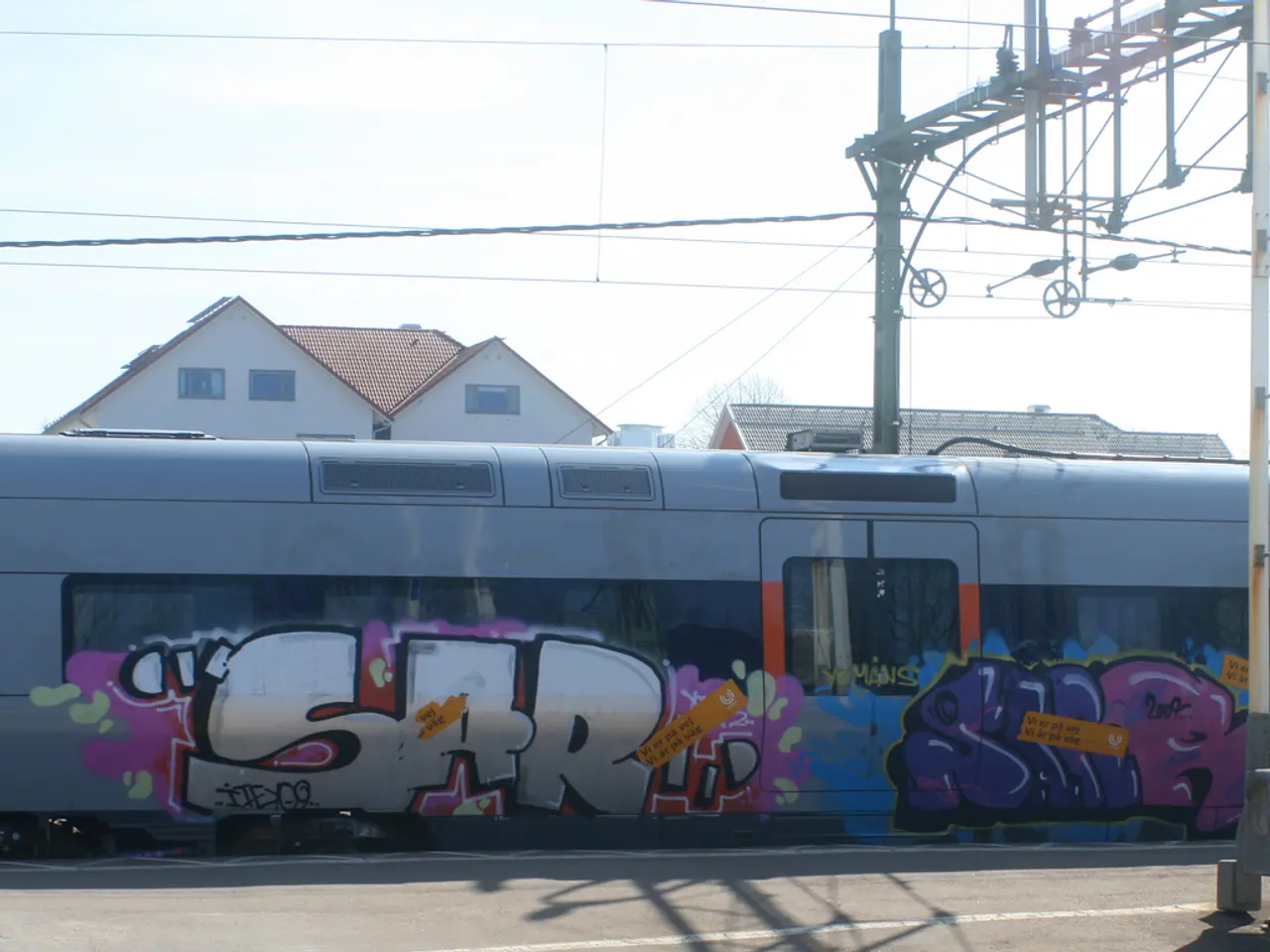Trump intensifies pressure on Russia, specifically targeting Putin.
In a bid to bring an end to the ongoing conflict between Russia and Ukraine, U.S. President Donald Trump has set a new deadline for peace talks. However, negotiations appear to be at a standstill, with Russia decisively rejecting the latest deadline and demanding significant concessions from Ukraine before any agreement can be reached.
As of late July 2025, Russia has unequivocally refused to halt the conflict, emphasising that they will continue the war until they achieve all their war aims. These objectives include regime change in Ukraine and restrictions on Ukraine's military and NATO ambitions.
Initially, Trump had set a 50-day deadline for Russia to agree to a ceasefire. However, he later shortened the deadline to 10 days (until August 8, 2025), threatening secondary sanctions if Russia fails to comply. This shift in deadlines indicates growing impatience on Trump's part, following months of diplomatic efforts that appeared to accommodate many Kremlin demands.
The U.S. and Ukraine, on the other hand, continue to call for a full and immediate ceasefire as a precondition for peace talks. However, Moscow demands significant Ukrainian concessions first.
The increased pressure on Trump to take a harder stance or adjust timelines seems to be linked to the influence of Republican "hawks". Dmitry Medvedev, a hawkish Russian official, framed Trump's deadline ultimatum as a dangerous escalation, highlighting how Russia views these developments through the prism of internal and foreign political pressures.
Trump's move towards a shorter deadline and potential sanctions may reflect the influence of hawkish voices within the broader Republican party who are skeptical of concessions to Russia and want a stronger, more assertive U.S. policy on Ukraine.
As the situation unfolds, it is clear that we are witnessing a complex negotiation stalemate. Russia seeks to prolong combat, the U.S. and Ukraine seek peace on their terms, and internal U.S. politics, including influence from Republican hawks, affect the timing and firmness of U.S. deadlines and sanctions threats.
For real-time updates on major news events like this one, consider subscribing to our Telegram channel. Stay informed and share the news first.
- The tense negotiations over war-and-conflicts between Russia and Ukraine are influenced by politics, as the U.S. President Donald Trump faces pressure from Republican "hawks" to take a harder stance and adjust timelines, while Russia seeks to prolong combat.
- General news outlets reported that the U.S. and Ukraine continue to call for a full and immediate ceasefire as a precondition for peace talks, but Moscow demands significant Ukrainian concessions first, keeping the politics of war-and-conflicts in the spotlight.








